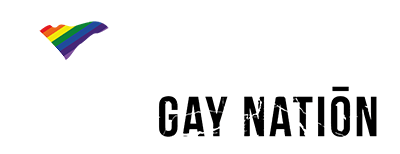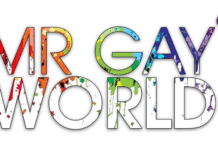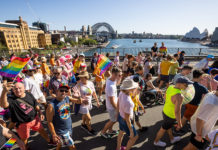
The Australian Press Council have released guidelines about the reporting on persons with diverse sexual orientation, gender identity, and sex characteristics by journalists and editors.
Freedom of speech and freedom of the media are essential to democracy and central to keeping the community well informed and able to deal with complex social issues.
With these freedoms come important responsibilities for the media and the Press Council’s General Principles, which all publisher members are obliged to comply with, reflect an appropriate balance, acknowledging the importance of reporting and expression of opinion in the public interest.
The Advisory Guideline is the culmination of 12 months’ research and community consultation by the Press Council with editors, journalists, peak community and health organisations, mental health specialists, people with lived experience, police and academics.
The process included roundtables in Sydney and Melbourne, as well a number of individual consultations with stakeholders.
The Advisory Guideline is not binding on the Press Council’s constituent members, but it provides guidance for:
• Reporters interviewing people with diverse sexual orientation, gender identity and/or sex characteristics
• Publications
• Press Council adjudication panel members and staff
ACON Deputy CEO Karen Price said ACON recognises the critical role of the media to inform, entertain and reflect on a broad range of issues in Australian society.
“Quality journalism is a foundational element to the effective function of our democracy,” Price said.
“We know from ACON’s own work with journalists, there is a need for a trusted source of advice on what constitutes good reporting, accurate use of language and an awareness of the issues for sexuality and gender diverse people and people with variations of sex characteristics.
“While not binding, we know that journalists and editors want to get it right, and the new Guideline provides a good reference point to support better quality reporting.

“Our communities have felt the impact of uninformed and divisive reporting. As has been the case with guidelines around the reporting of suicide and HIV, we know that journalists and publications can make a real difference in reducing harm and increasing community understanding and awareness.
“These are important issues for everyone, but even more so for vulnerable people who experience the damaging impact of reporting that falls below accepted standards. We believe with this Guideline, the Australian Press Council has made an historic and important contribution.”
There are numerous other national and international media reporting guidelines from organisations including the Independent Press Standards Organisation (IPSO), Transgender Europe, GLAAD, the Victorian Equal Opportunity and Human Rights Commission, ACON and Intersex Human Rights.
The Press Council promotes high journalistic and editorial standards, community access to information in the public interest, and freedom of expression through the media.
It is also the principal body with responsibility for responding to complaints about Australian newspapers, magazines and associated digital outlets.
Last Updated on Nov 17, 2019
The news team for Gay Nation love tips from our readers. Got tips or a news story that you would like published? Go here to tell us something.
Visit the Gay Nation store Now





























